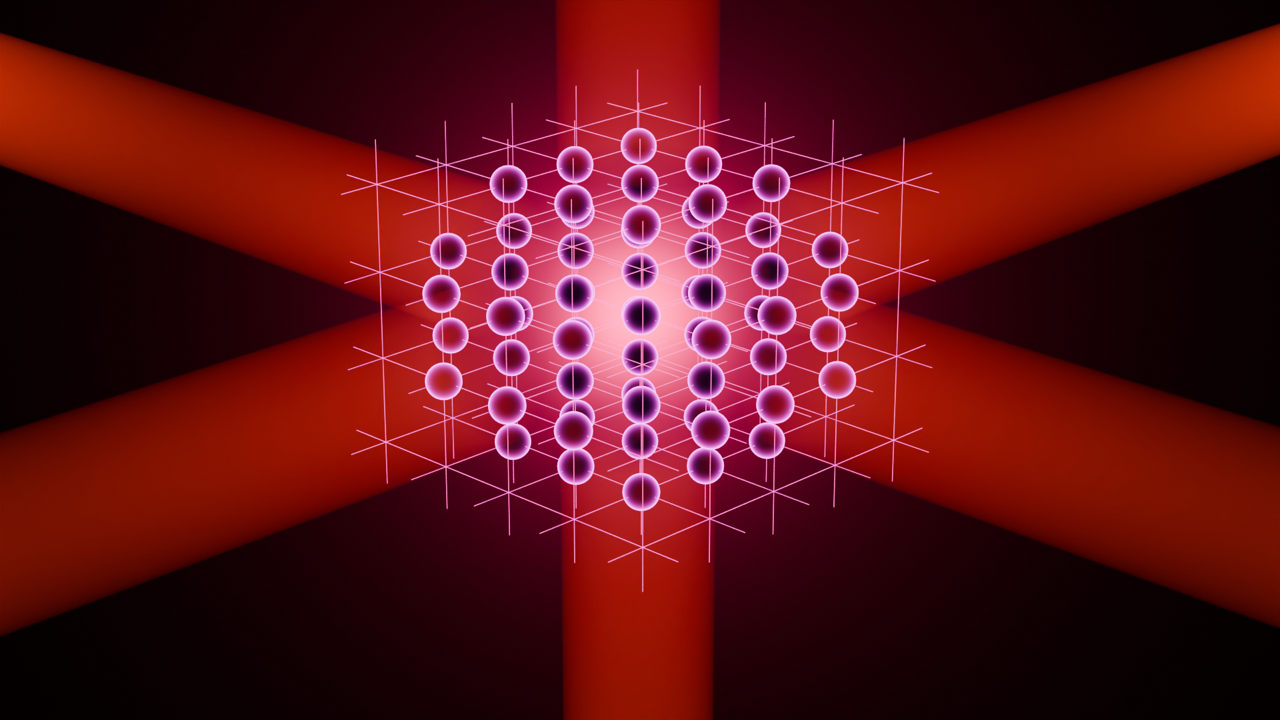News & Events
Latest news
ERC Proof of Concept Grant awarded to Christian Degen

The lump sum grant will allow Degen and his group to develop a photonic integrated circuit for single-photon-emitter excitation and detection, with future commercial use in optical quantum sensing and communication.
Eight professors appointed

At its meeting of 9 and 10 July 2025 and upon application of Joël Mesot, President of ETH Zurich, the ETH Board appointed eight professors. The Board also awarded the title of "Professor of Practice" once.
Elaborate search for a new force

Scientists are using trapped ions in experiments to search for signs of a new particle that could help explain the mysterious dark matter. Researchers at ETH Zurich are combining their results with findings from teams in Germany and Australia.
Graduation ceremony 2025

On 20 June, ETH Zurich honoured the graduates of the Master's programs in Physics and High Energy Physics in a festive ceremony.
How to raise a quantum Fermi gas experiment

In the Institute for Quantum Electronics, the Lattice Lab has been running for over two decades without significant interruptions, consistently pushing the boundaries of what can be learned from an ultracold fermionic gas trapped in an optical lattice.
Back in the running with ERC grants

Two biologists, an engineer, a physicist and a health scientist from ETH Zurich have been awarded ERC Advanced Grants worth around 12 million euros. The researchers are among the first in Switzerland to receive this prestigious EU research funding after a hiatus of several years.
Innovation needs freedom

ETH alumni Moritz Lechner and Felix Mayer have founded Sensirion, an internationally successful company. Now the two physicists look back. What has remained of their education at one of the best universities in the world?
A degree for the quantum age

In 2019, ETH Zurich launched one of the world’s first Master’s degrees in Quantum Engineering. Since then, interest in the programme has soared – and its first graduates are already making their mark in industry.
Data-driven insights

An interview with D-PHYS alumna Agnese Sacchi, Quantitative Risk Modeller at Zurich Insurance.
Ultra-thin lenses that make infrared light visible

Physicists at ETH Zurich have developed a lens with magic properties. Ultra-thin, it can transform infrared light into visible light by halving the wavelength of incident light.